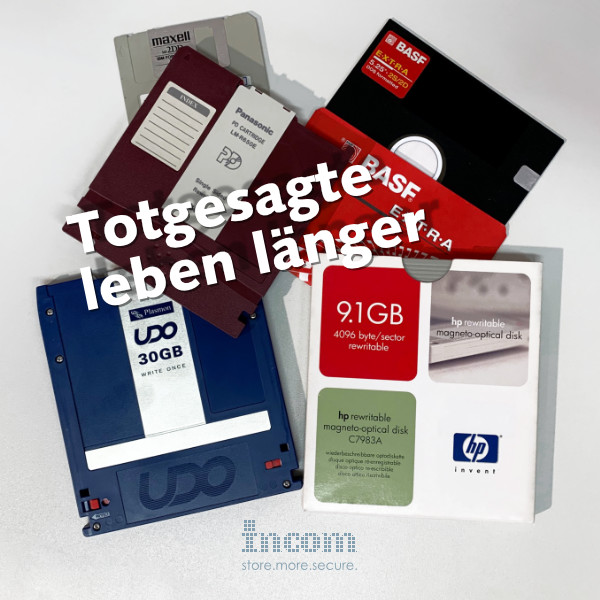Being an "early adaptor" and trying out and using new products early on offers many advantages, but systems and software are generally becoming increasingly easier to set up and manage. What seems to make our world more and more user-friendly, however, also holds many dangers, because the networking of all systems also makes us vulnerable and vulnerable, as can be seen in the press every day.
As the US armaments magazine "C4ISRNET" reported a few days ago, the US Army has switched the control of US nuclear weapons from eight-inch floppy disks to "highly secure digital solid state storage", or SSD/Flash disks for short. What at first sounds unbelievable, however, has a very serious background, because in such a sensitive and therefore closed and encapsulated system, viruses and other malicious code usually have no chance. "It is the age that ensures the security of the systems," Lt. Col. Jason Rossi (Commander of the Air Force's 595th Strategic Communications Squadron) is quoted as saying, "because what doesn't have an IP address is difficult to hack.
Even in banks and insurance companies, old tape and Magneto Optical Disk systems are still in use in archives and data centers throughout Europe, and are often only gradually migrated back to current optical systems. Although the systems are also networked, the information on the once-recordable Blu-ray data carriers cannot be kidnapped or changed by a virus. In addition, the durability of the data carriers and the increasingly important energy efficiency of the optical storage systems in long-term archiving is almost unrivalled.
INCOM offers the migration of storage systems, from the conception up to the provision of hardware which is no longer available on the market and all services behind it. "With more than 30 years of experience there is hardly a storage system which has not been either installed or at least replaced by a more current system by one of our longtime and experienced employees", explains Joachim Schmidt, service manager at INCOM.
It is always a big step to break up and modernize infrastructures that have grown over a long period of time, and the radical complete changeover to the cloud, which is praised by many system houses, rarely really makes sense. It is important to break down the IT landscape according to its functions (e.g. primary/secondary storage, backup, archive) and to look at it individually, because this is the only way to create solutions during modernization that also save time and money in the long term.
